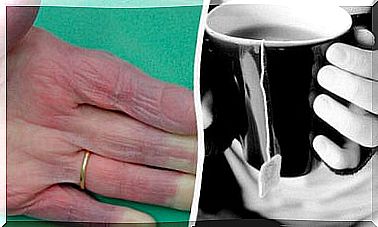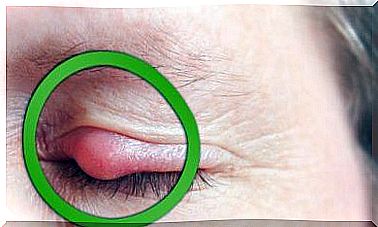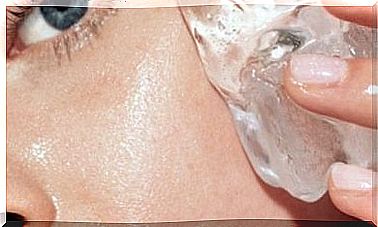Why Do Allergic Reactions Develop?
The prevalence of allergies has increased dramatically, especially among young people. This finding leads us to the next question: why do allergic reactions develop in humans? Find out more here!

Most of us have been unlucky enough to have suffered from an allergy. Allergic reactions are increasing in the population. It is estimated that between 30 and 40% of the world’s population has suffered from an allergy. So how do allergic reactions develop?
An allergic reaction is a reaction of the immune system to a substance that is generally harmless. This reaction is manifested by characteristic symptoms when the person is in the presence of the allergen responsible for the allergy.
In short, the mechanism of allergy is as follows: the antibodies of the immune system identify certain harmless environmental agents as potential dangers and therefore act accordingly to expel these agents. An allergy manifests itself as inflammation in the paranasal sinuses, skin, and digestive system, among others.
The existence of the allergic reaction leads us to the next question: why our own immune system is turning on us when there is no real danger. We reassure you right away, it’s not all bad news. An allergy may be unpleasant, but it can represent a key evolutionary advance for the human species.
To find out more on the subject, read on! You will learn more about the development of allergy and its role in human evolution.
Why do allergic reactions develop?
The true role of allergic reactions is still the subject of debate and research. According to the hygiene hypothesis, allergies have spread globally due to the lack of exposure to real pathogens.
A study published on Plos Computational Biology argues that the proteins found in things we come into contact with on a daily basis are similar to those in bodily parasites. The lack of activity in our immune system causes this system to view any pathogen-like signal as a potential danger, which is why it causes an allergic reaction.
The previously cited study provides evidence to support this hypothesis:
- the research team recorded in the laboratory the reaction of antibodies to a protein from a species of parasite, Schistosoma mansoni . The protein in question was very similar to that found in birch pollen
- The antibodies which eliminated the protein of the cited parasite also reacted to birch pollen
These results, as simple as they are, provide a lot of information. It is possible that, faced with the lack of real alerts, our immune system creates its own alerts.

An answer may not be that accidental …
We could be satisfied with this explanation, because it is rather convincing and scientific evidence supports, moreover, this assumption. Nonetheless, other relevant hypotheses have been established.
Some studies collected in this Scientific American journal article suggest that allergic reactions are not accidental at all. Allergies allow us to protect ourselves from toxins present in the environment.
- In one of these studies, mice were first exposed to a small dose of venom and then, after several weeks, to higher doses of the venom. Some of them have only been exposed to a high dose.
- The results were as follows: Mice that had been exposed to small doses of venom before being exposed to a high dose developed a much greater immune response to the higher dose of venom compared to those that had only been exposed to a high dose.
- The conclusion was therefore: exposure to an initial dose allowed the immune system to develop specific antibodies in order to be ready in the event of a more severe attack.
What do these conclusions mean?
In view of the results, it is not far-fetched to think that through vomiting, lack of air and other symptoms characteristic of allergic reactions, our body is simply preparing us for real dangerous situations.
This theory suggests that allergic reactions correspond to an evolutionary mechanism. Allergic reactions to less harmful agents teach us to avoid riskier situations for humans. According to this hypothesis, our immune system prepares itself to face more serious dangers by causing allergic reactions.

Why do allergic reactions develop? A question without answer
As we have seen, there are two theories to explain the increase in the prevalence of allergic reactions. At the moment, there is no certainty on the question, there are only different hypotheses. The real reason allergies develop continues to be a puzzle.









